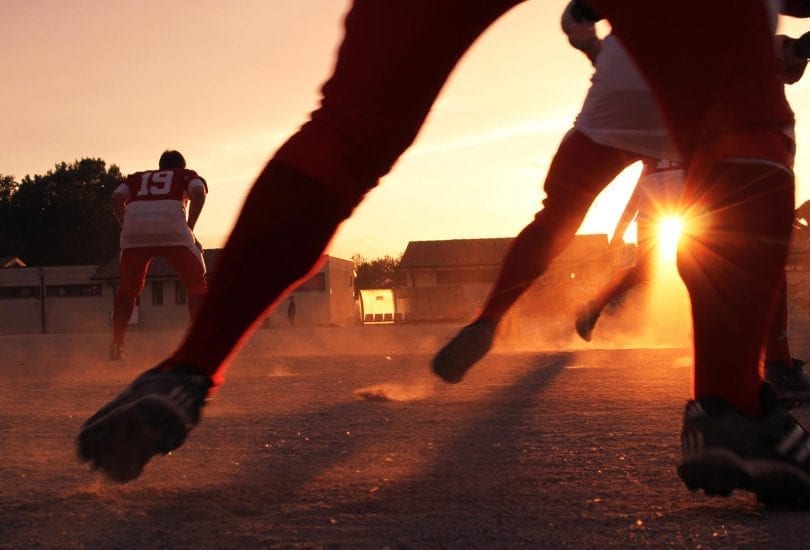Written by Nate Winkler
At Juggernaut we get a lot of questions about dieting and nutrition, when to eat what and why we’re eating it. While being stranded in the airport for 12 hours I got a couple of similar questions concerning carbohydrates (I’ll spare the sob story about how being 15 minutes late for check in delayed me 12 hours). Everyone is talking about carbs, which ones are good for you, should I stay away from pastas, what about high glycemic index carbs?
The question I was asked was, “Can you send me a list of fast digesting and slow digesting carbs?” I get this a lot, carbs seem to the hot topic for nutrition these days, and proteins/fats are like the ugly girls at the prom or something. Carbs are so important because when we eat them insulin is released in the body, which triggers a host of hormonal responses throughout the entire endocrine system (the CPU of the body). Carbs are so important because through a totally voluntary decision (eating) we can control a large percentage of involuntary processes (insulin levels, thyroid activity, digestion, pituitary gland activity, etc.). Carbohydrates are also important because no matter what form we eat them (mono, di, polysaccaride) they are stored as glycogen, which gives the brain, organs, and muscles the energy to function. So removing carbs from the diet all together represents some major issues. Yes, proteins and fats have metabolic and hormonal responses as well, but anyone who has ever tried to manipulate macronutrients in their diet knows the hormonal and blood sugar controlling power carbohydrates hold.

Have I put clients on carb restricted diets, yes, but only for two weeks and during that time they were eating vegetables, taking greens supplements and multi vitamins. Vegetables have carbs in them, but the fiber content is so high your body doesn’t undergo the insulin response that other foods cause. In short, we have to have carbs to function, but which carb source we’re eating and the time we eat them is where it gets a little tricky.
“Fast” and “slow” digesting carbs can be covered quickly, liquid carb sources always digest quicker, but any liquid gets into the body quicker than solids (Advil Liquid Gels compared to solid pill form gives you an illustration). What makes carbs “digest slowly” is what you eat along with it. Lean meat and vegetables digest slowly, therefore if you eat rice along with chicken and broccoli, that carb is going to digest slowly because those other food types are going to remain in your small intestine longer. If you want carbs to digest quickly, drink a carb shake, or eat your carbohydrate type prior to eating your chicken and broccoli.
Kiefer John (DangerouslyHardcore.com), introduced (to me) a very effective method of morning carb management for its effect on our body’s hormones. Upon waking, cortisol levels are high and insulin levels are low. This creates a situation where the body is using fat as its fuel source rather than lean muscle mass. By avoiding carbs early in the day and eating only fats, proteins, and vegetables (at Juggernaut, our breakfast is olive oil, eggs, turkey meatballs, and spinach) insulin levels in the blood stream will remain low, hormones are under control, and cortisol is causing you to use fat as the metabolic fuel source. If you are aiming to gain mass, keeping insulin high throughout the day, by frequent carbohydrate feedings will accomplish this goal. Morning meals should include at least one cup of raw oats and one fruit serving (bananas have the highest amount of carbs). Gluten allergies do exist, but if you are trying to gain weight, then inflammation is not your number one concern I assume. Food allergies are another article all together, let’s stay on topic here.
[quote]Raw Oats are not the enemy, not eating them at the right time is what creates major problems.[/quote]
I leave my large carbohydrate meal to after my training sessions when my muscles will absorb the vast majority of glycogen and I don’t have to worry about fat cell storage, leaving me lean and properly nourished because I’m not neglecting one of the three macronutrients (proteins, fats, carbs) like many diets call for. I have been experimenting with this morning dieting method the past few months with great success. Research shows that post workout carb windows for most women last up to 3 hours, and men can eat carbs for up to 24 hours post workout (sorry ladies). The most important thing is to find out what works for you, if you are over 25% body fat chances are that you have poor carb tolerance and need to be careful about eating carbs late. You also should stay away from potatoes and pasta initially until you get an idea what your body can process while improving body composition.
The thing to remember about dieting is, don’t be stupid and keep it simple. You know that the double Six Dollar Big MAC isn’t good for you, neither is that ‘diet’ Coke, just drink water. One bad meal won’t kill you, but bad habits will. Read on your own and know why you’re doing what you’re doing, good luck.





